Opposition parties lay into the Independent National Electoral Commission (CENI). According to them, this commission favored the ruling CNDD-FDD party in the composition of its dismemberments. CENI rather speaks of a well done job.
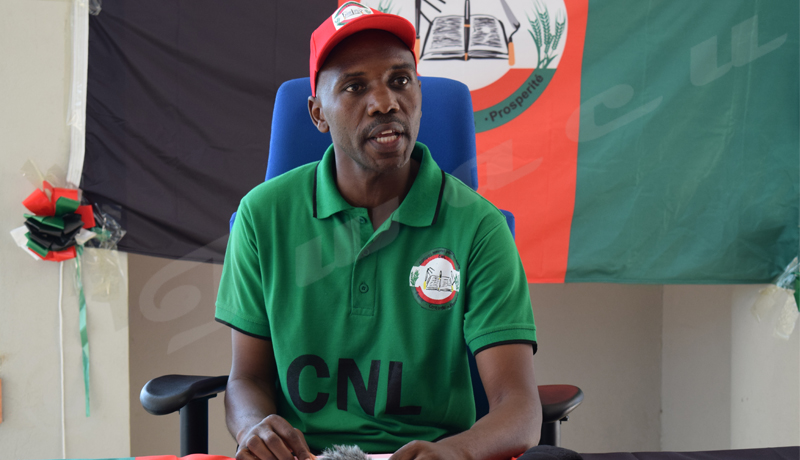
Térence Manirambona: “This situation doesn’t bode well as to transparency or credibility of the elections.”
According to Térence Manirambona, spokesman for the National Congress for Liberty (CNL), his party got 17 seats out of 153, a national representation of 11% in the Independent Provincial Electoral Commissions (CEPI). CNL is also represented at 10%; that is 65 out of 595 at the level of the Independent Communal Electoral Commissions (CECI).
The politician also said that their representatives in these branches are under constant pressure. “The party has sent a letter to the National Electoral Commission showing all the maneuvers made by the ruling party and its allies to remove or bring false accusations against the candidates presented by CNL party. Unfortunately, the CENI has not reacted so far,” said Térence Manirambona.
According to him, the CENI preferred replacing or changing candidates without consulting the party. “Here again, for all the appeals lodged by the CNL party communal and provincial representatives to the National Electoral commission, no reaction or favorable response was given”.
For Térence Manirambona, this doesn’t bode well as to transparency or credibility of the elections “when the ruling party and its allies got the lion’s share in these organs acting as referees of the elections.”
The end of illusions?
CNDD party says it was sidelined during the composition of CEPI and CECI electoral commissions. “Our party did not get any seat in the CEPI. We sent a correspondence to the CENI but we got no response. This scenario reappeared during the selection of CECI commissioners,” says Jean-Claude Irakoze, Executive secretary of the party. “And yet, the CENI has long reassured us that every political party will have representatives in these structures.”
It is the same indignation within Sahwanya-FRODEBU party which got 7 representatives at the CECI level in the provinces of Kirundo, Muramvya, Rumonge, Makamba, Karusi, Bururi, Cankuzo and a representative in CEPI in Muramvya. “The CEPI and CECI commissions, which are composed of CNDD-FDD at more than 80%, cannot reassure FRODEBU party,” said Léonce Ngendakumana, vice-president of this party.
According to him, the electoral fraud began with the establishment of a legal framework for elections unilaterally and exclusively.
Mr Ngendakumana says the experience of elections in Africa shows that the national electoral commissions serve the parties in power and work to promote their victories and Burundi is no exception. “Given the history of elections in Burundi and a number of threats ahead of the 2020 elections, it is unimaginable to talk about the peaceful, free, transparent and democratic elections in this period.”
The Vice President of Sahwanya-FRODEBU party urges all Burundians who aspire to change to understand that we are towards the end of illusions. For him, they must put all their efforts together “to organize the Burundian people in order to establish a state of law, a democratic state” even when they may not form a coalition.
“We remain convinced of the good conduct of the elections”
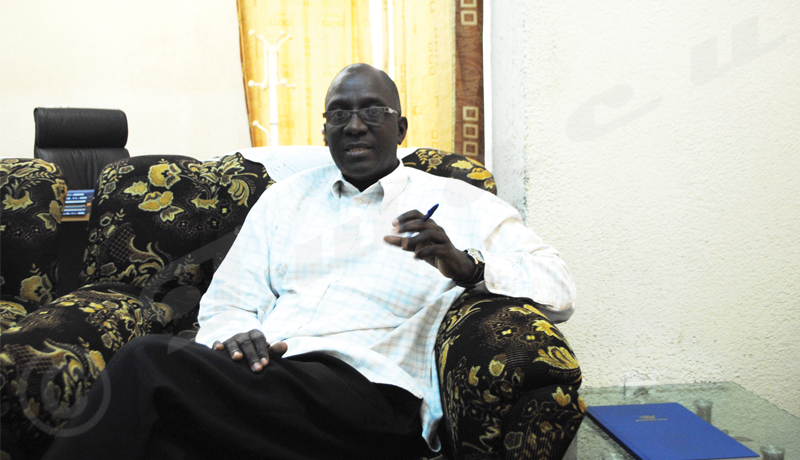
Pierre Claver Kazihise : “The job was well done.”
With 14 members in different branches, including 2 in the Independent Provincial Electoral Commissions-CEPI and 12 in the Independent Communal Electoral Commissions-CECI, the president of FRODEBU Nyakuri party is optimistic. Although we are not represented as we wished, says Kefa Nibizi, FRODEBU Nyakuri party remains convinced of a good conduct of the elections.
One of the arguments underlying his optimism is that “at the end of the investigations conducted throughout the country, we found out that these dismemberments are composed of men and women recognized by the society as people of integrity.”
He says FRODEBU Nyakuri party has confidence in the Independent National Electoral Commission and its branches given the members who compose them. They will be able to bring the electoral process to a successful conclusion in total transparency.”
According to Mr. Nibizi, at the level of politicians, CEPI and CECI are dominated by the parties represented in the government. He mentions CNDD-FDD, UPRONA and CNL parties. The latter have members across all the provinces at CEPI level and in almost all communes at the CECI level.
“We did not really appreciate the underrepresentation of the parties that are not in the government compared to those in government,” he laments, adding that the parties should be treated equally in terms of the preparation of elections.
In any case, he says, the number of representatives of apolitical organizations, namely the civil society and religious denominations is reassuring. Let’s hope that they will be even more politically neutral during the elections. “They occupy between 60 and 70% in the dismemberments of the CENI”.
The spokesperson for the CNDD-FDD party said that it was not possible to comment on the composition of CEPIs and CECIs before consulting the competent bodies. Nancy Ninette Mutoni says that she could react at the end of a conclave of this party scheduled for Monday, November 11.
“The work was well done”
“There are no shortcomings as such. Some organizations would have liked to have more people into commissions. Unfortunately, the number of places is limited,” says Pierre Claver Kazihise, President of the Independent National Electoral Commission-CENI. He believes that CENI has done its job properly. For him, these political parties which complain must understand that there are not enough places in CEPI and CECI for all their activists looking for work.
He rather invites the political parties of the opposition to get involved in the activities of the CENI. “We want to work transparently with them to end distrust.”
Story originally written by Fabrice Manirakiza and Edouard Nkurunziza. Translated into English by Pierre Emmanuel Ngendakumana


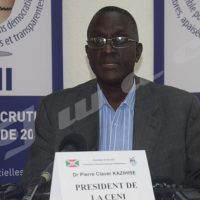
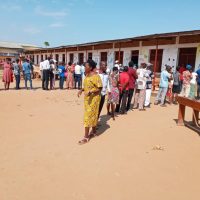
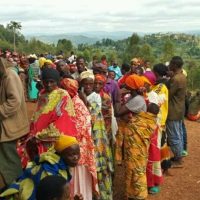
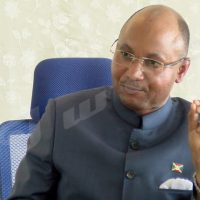













 IWACU Open Data
IWACU Open Data

